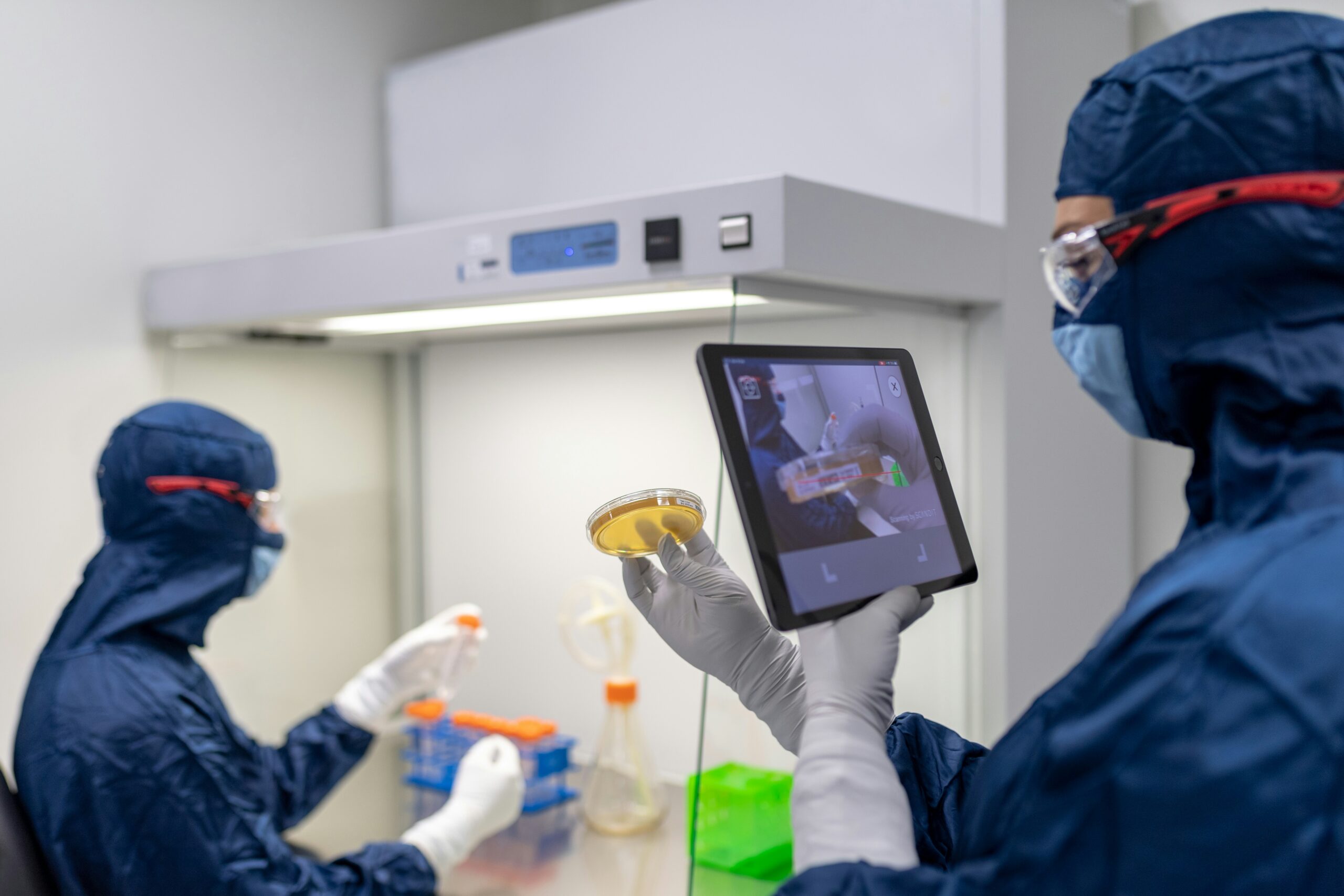
Artificial intelligence has quickly become one of the most transformative forces in modern healthcare. With its ability to analyze massive amounts of data, AI can detect patterns and anomalies that might escape even the most experienced physician. From identifying early-stage cancers on imaging scans to predicting heart disease risks, these systems are making diagnostics faster and more accurate than ever before. Such improvements allow healthcare professionals to intervene earlier, giving patients a greater chance at recovery.
At the same time, AI is enhancing decision-making by offering insights that help physicians personalize treatment plans. By comparing a patient’s data against millions of previous cases, AI provides recommendations that reduce guesswork and optimize outcomes. This collaboration between human expertise and advanced algorithms creates a more efficient, reliable healthcare system. As technology continues to evolve, AI will remain at the forefront of shaping smarter, more precise care.
Robotics Expanding Surgical Possibilities
Robotic-assisted surgery has revolutionized operating rooms by offering unparalleled precision and control. Surgeons can now perform complex procedures with smaller incisions, minimizing trauma and significantly reducing recovery times. These systems transform even delicate tasks into safer, more efficient methods, ensuring that patients experience fewer complications and better overall outcomes.
Additionally, robotics provides surgeons with ergonomic advantages that reduce physical strain during long operations. High-definition, 3D visualization enhances accuracy, while robotic instruments replicate movements with unmatched steadiness. This not only expands what is possible in surgery but also helps maintain consistency across procedures. As these technologies advance, robotic systems will continue to push the limits of what surgeons can achieve.
Genomics Powering Personalized Medicine
The study of genomics has shifted healthcare from a one-size-fits-all model to one that prioritizes individualized care. By analyzing DNA, doctors can identify a patient’s predisposition to certain diseases and tailor treatments accordingly. This approach improves effectiveness and reduces the risk of adverse reactions, marking a dramatic step forward in precision medicine.
Moreover, genomics plays an essential role in preventive healthcare. Physicians can use genetic markers to detect risks before symptoms arise, enabling early interventions that can delay or even prevent disease development. As genomic research advances, personalized medicine will become a cornerstone of modern healthcare, ensuring that treatments align with the unique biology of each patient.
Wearable Devices Empowering Proactive Health
Wearable technology has become a vital tool for both patients and healthcare providers. Devices that monitor heart rhythms, glucose levels, or sleep cycles provide continuous streams of data that reveal crucial insights into overall health. Physicians can use this real-time information to detect irregularities early and adjust treatment plans with precision.
In addition, wearables encourage patients to take greater responsibility for their well-being. By tracking progress daily, individuals gain motivation to maintain healthy lifestyles and adhere to medical recommendations. This shared responsibility fosters a stronger connection between patients and providers, making healthcare more collaborative and effective. With wearable devices becoming increasingly sophisticated, their role in proactive health management will only expand.
Virtual and Augmented Reality Enhancing Training and Treatment
Virtual and augmented reality have moved beyond entertainment to make powerful contributions in medicine. For training, VR offers immersive simulations where students and surgeons can practice complex procedures without risk. These realistic experiences help professionals build confidence and competence before stepping into real clinical environments.
For patients, VR and AR provide new ways to manage pain, anxiety, and rehabilitation. Virtual reality programs can distract patients during difficult treatments, reducing stress and discomfort. Meanwhile, augmented reality can guide rehabilitation exercises, making therapy more engaging and effective. These applications show how immersive technologies enhance both education and patient care, creating a more supportive healthcare environment.
Telemedicine Expanding Access to Care
Telemedicine has become a permanent feature of modern healthcare by bridging the gap between patients and providers. Secure digital platforms allow physicians to consult, diagnose, and monitor patients remotely, eliminating barriers of distance and transportation. This convenience ensures that more people, particularly those in underserved areas, receive the care they need promptly.
Furthermore, telemedicine strengthens continuity of care by making follow-ups more convenient. Patients managing chronic conditions benefit from frequent check-ins without the hassle of travel. This accessibility fosters stronger relationships, improves adherence to treatment plans, and ensures ongoing medical support. As telemedicine continues to grow, it will remain an essential tool for expanding healthcare access.
Data Integration Streamlining Healthcare Systems
Electronic health records are evolving into powerful platforms that connect diverse aspects of patient care. By integrating with AI, wearable devices, and telemedicine, these systems create a complete picture of a patient’s health. This comprehensive view enables healthcare professionals to make well-informed decisions quickly and with greater accuracy.
At the same time, data integration improves collaboration among specialists. When multiple providers can seamlessly access the same information, care becomes more coordinated and efficient. Errors are reduced, delays are minimized, and patients benefit from a smoother healthcare experience. As integration deepens, healthcare systems will become even more effective at supporting both providers and patients.
Looking Ahead at the Future of Medical Innovation
The future of medical technology promises even more groundbreaking advancements. From AI-powered robotics to genomic breakthroughs, healthcare will continue to evolve toward greater precision, accessibility, and efficiency. These innovations will provide professionals with new tools to diagnose earlier, treat more effectively, and prevent diseases altogether.
However, even as technology advances, the essence of healthcare remains human. Machines cannot replace compassion, empathy, and clinical judgment but can be enhanced through innovation. The future belongs to healthcare systems that combine technological excellence with genuine human connection, ensuring that progress always serves the ultimate goal of improving lives.